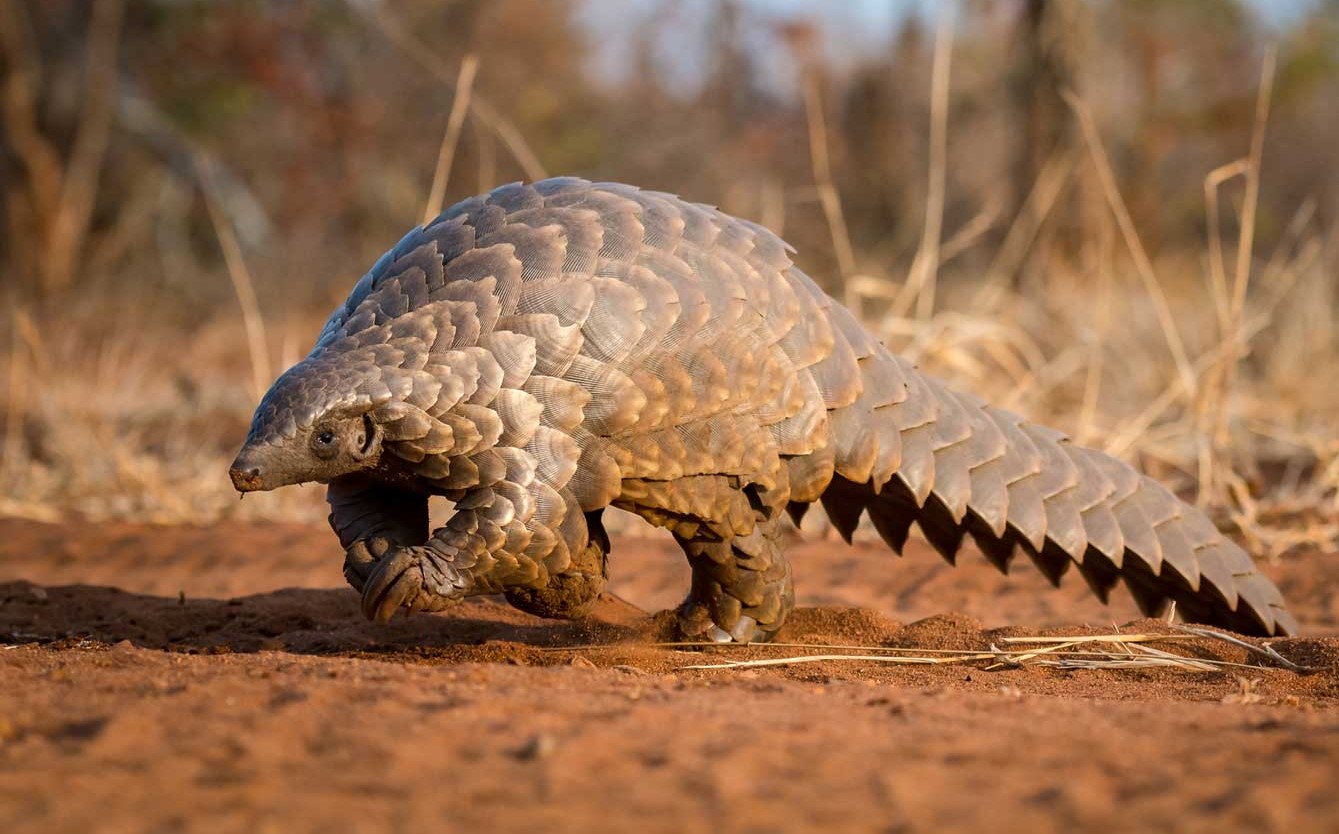The Department of National Parks and Wildlife says it has intensified regional efforts and bilateral engagements aiming at dealing with illegal trafficking of pangolins in the country.
Director in the Department Brighton Kumchedwa who was speaking during a virtual news conference in anticipation of World Pangolin Day which falls on 20th February annually, said Malawi is renowned as Southern Africa’s principle transit hub for wildlife traffickers.
Kumchedwa said apart from government`s response of strengthening legislation and legal tools, concerted efforts at regional level play a significant role in dealing with the rising crime of pangolin trafficking.
“I must say that for some time, our efforts were very much focused on ivory trafficking and poaching because the trafficking of pangolins is an issue which has just emerged, it has come out clearly from 2020 to say there is also this problem in the making.
“So it’s one of the issues we are tabling in our discussions, but mind you, somehow we have been slowed down by COVID-19 when it comes to regional or bilateral meetings,” said Kumchedwa.
According to Kumchedwa, pangolin-related arrests in the country have more than tripled in 2019 and 2020 which he believes is a reflection of both improved law enforcement and an increase in trafficking activity.
And speaking during the same briefing Campaigns Manager for Lilongwe Wildlife Trust (LWT) Samantha Nampuntha said the Trust is committed in assisting government protecting the pangolins through public awareness.
“As LWT we are very committed to helping this situation because as you know we are conservation Non-Governmental Organisation (NGO) so we do care about wildlife, we do care about animals, plants, biodiversity and the ecosystem.
“So we want to protect such resources and a lot of our efforts are done in collaboration with the DNPW, what that means is that the Department already has got an education department and then we work to supplement what they are working on,” said Nampuntha.
Research shows that global populations of pangolins have declined by 80% in the last 20 years triggering fears of their extinction.
Pangolins are the most trafficked mammal in the world with numbers being reduced to satisfy demand in Asia, where they are priced for both their meat and scales. The scales are believed to be used in traditional Chinese medicine.




